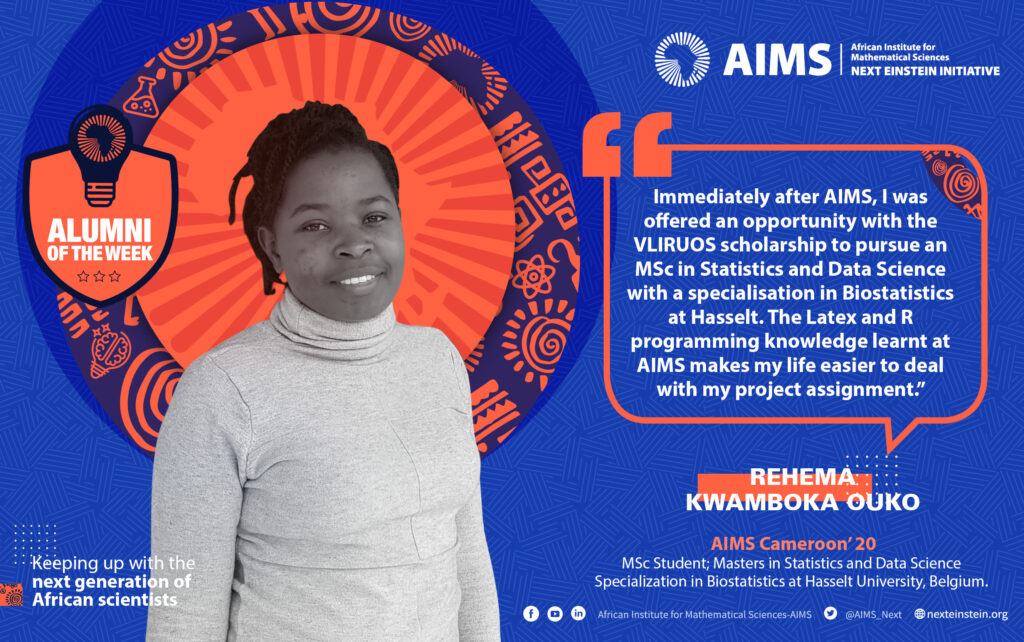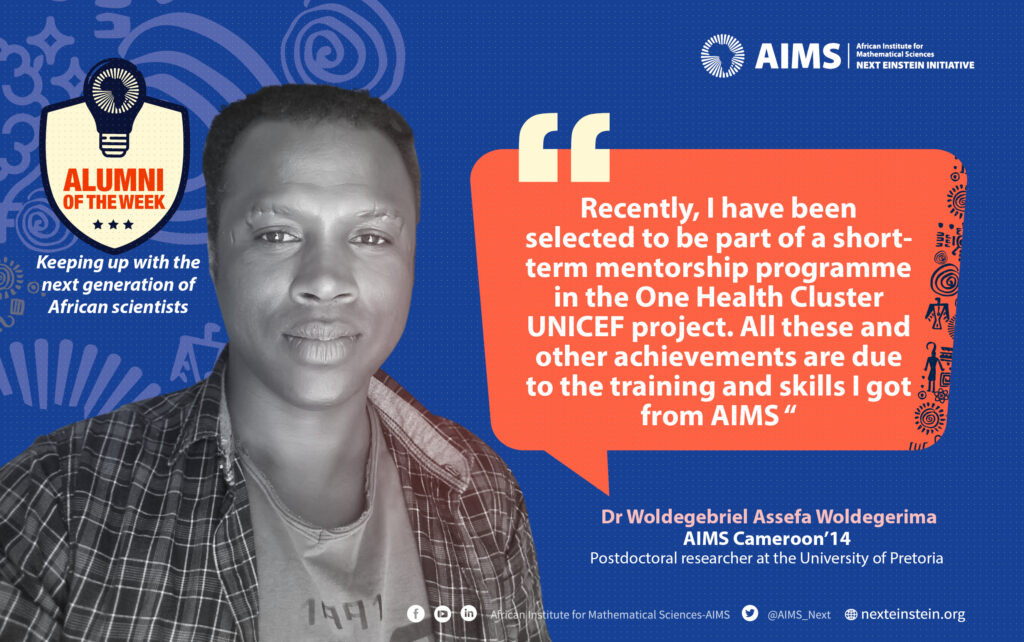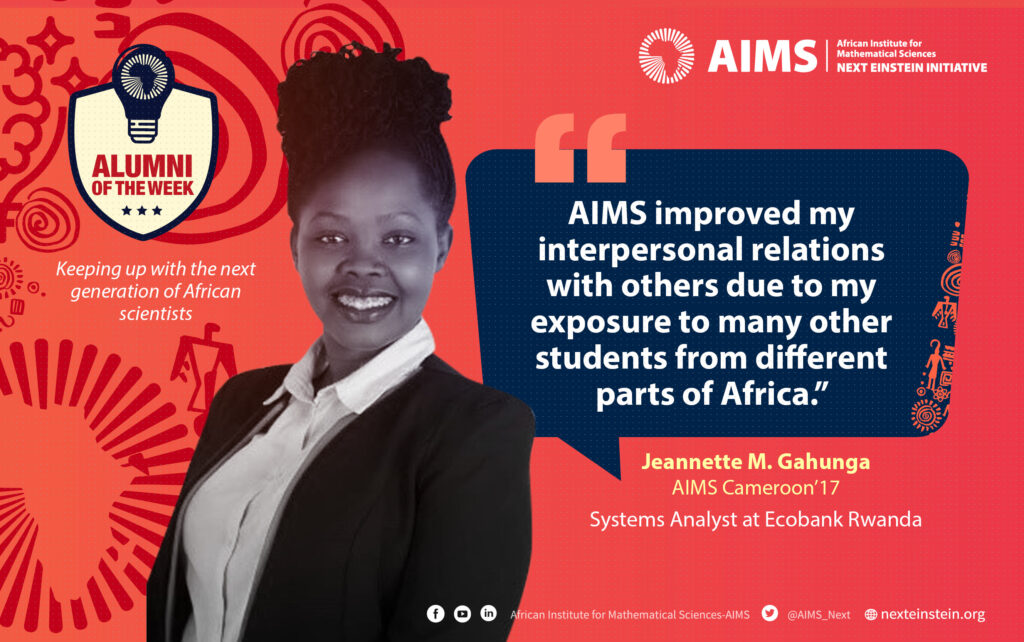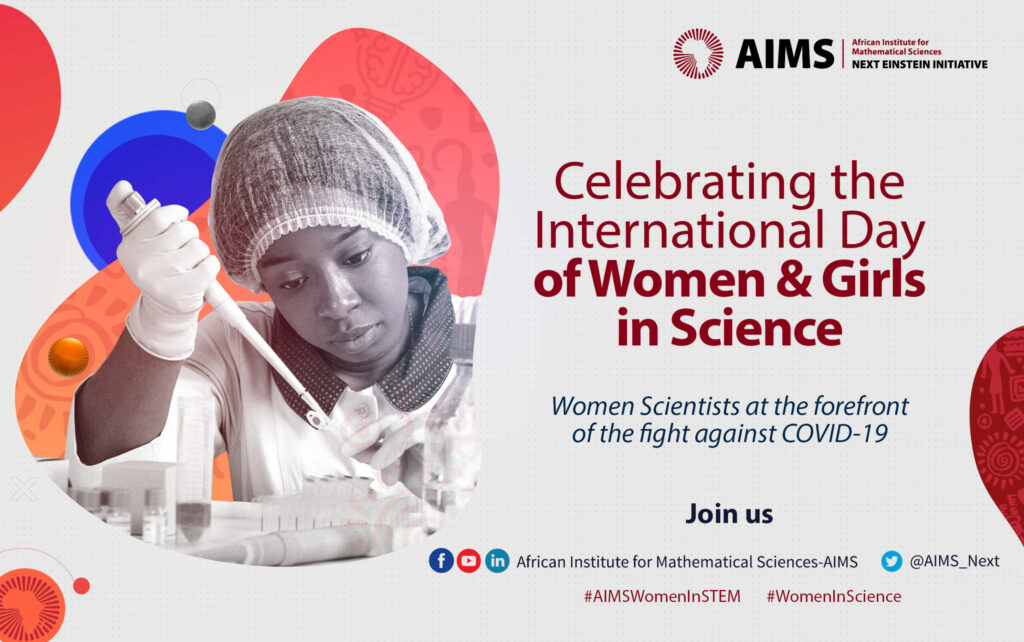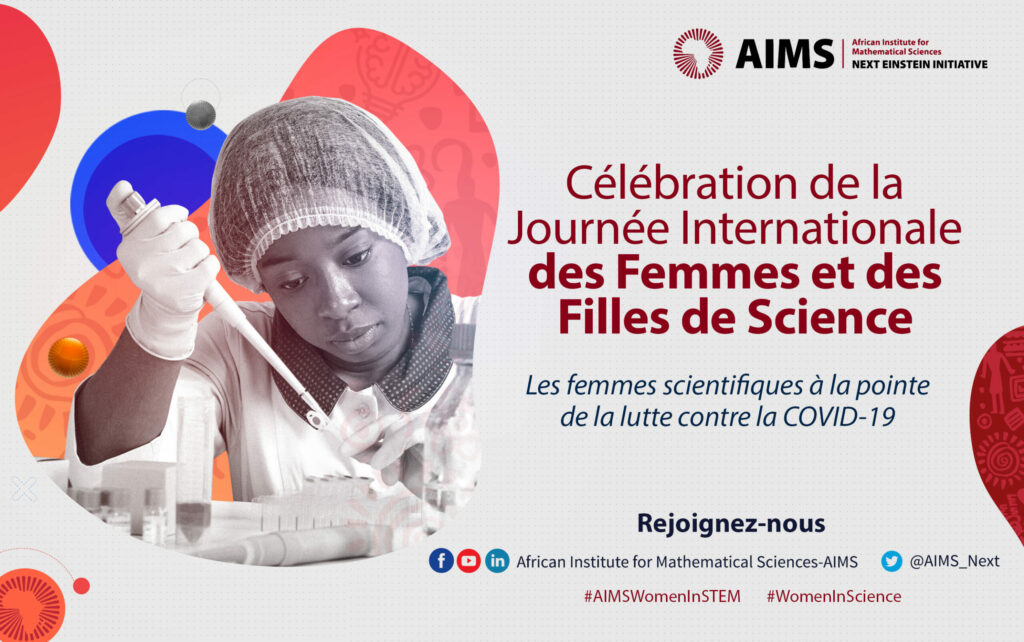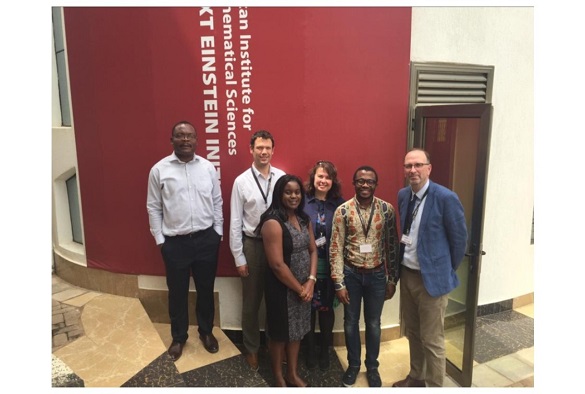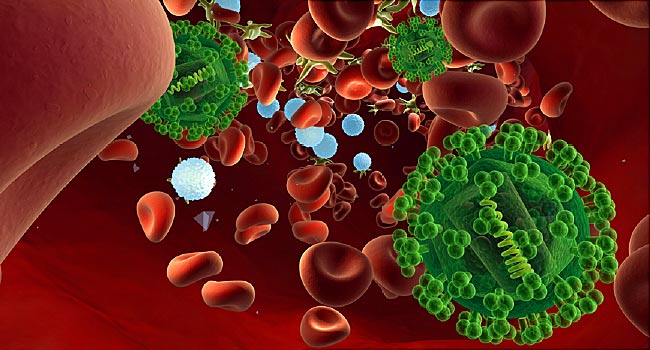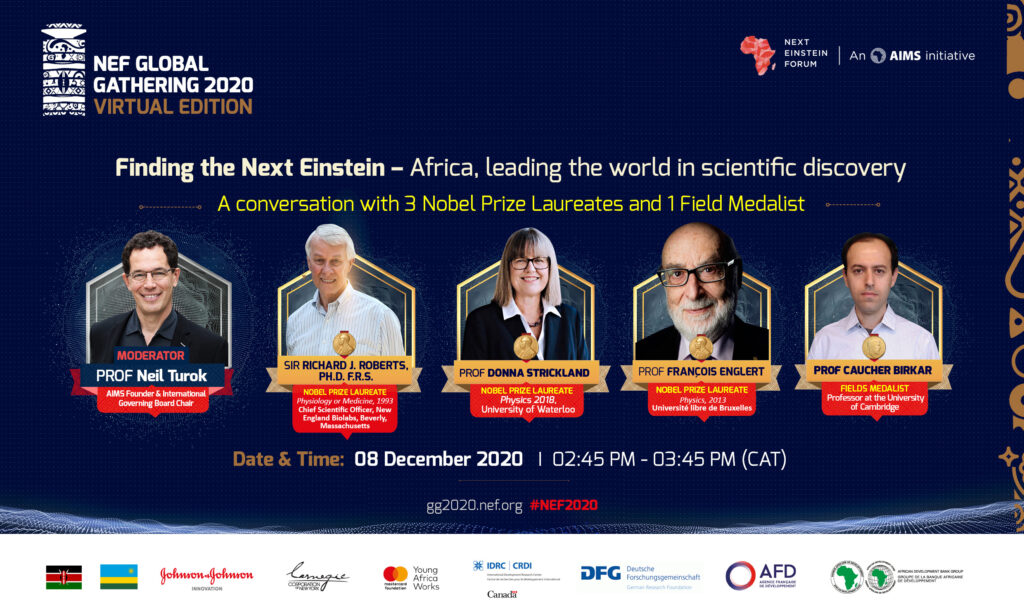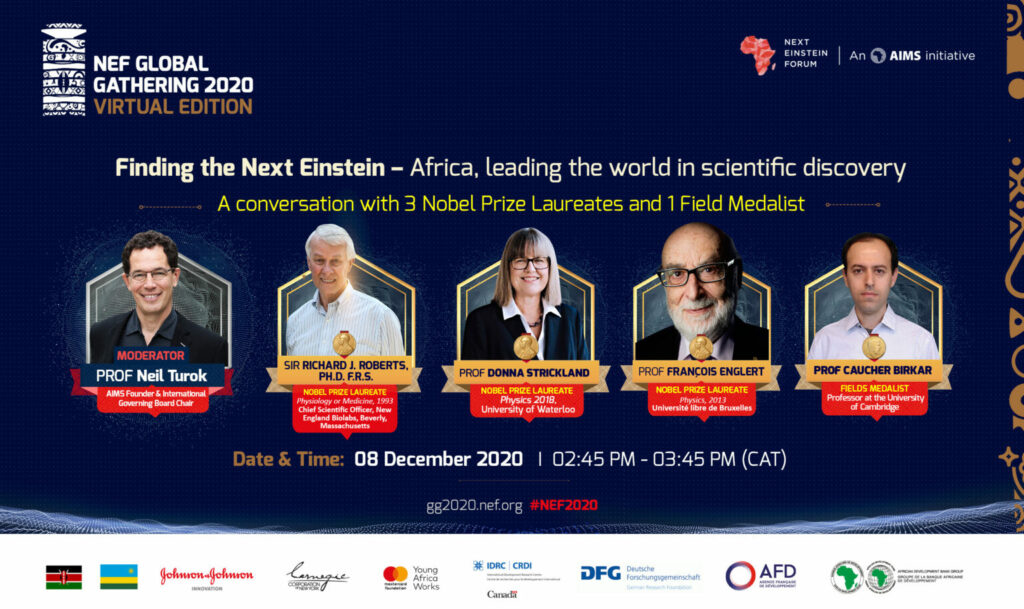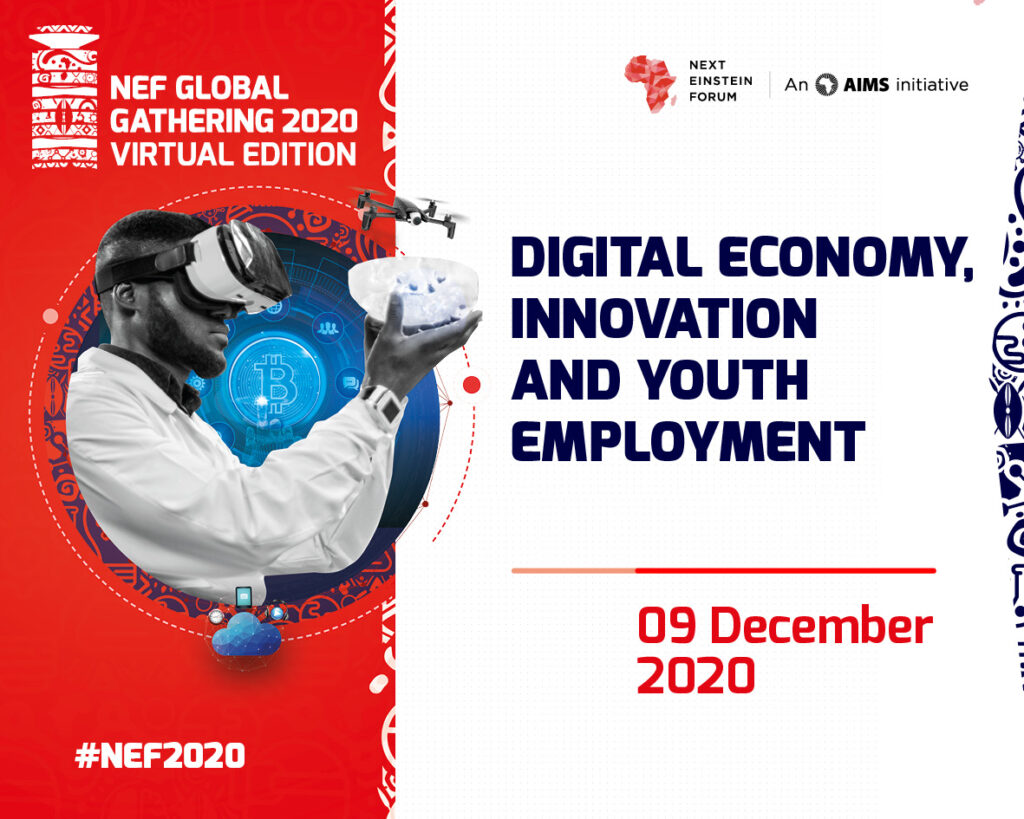And our #AlumOfTheWeek is Rehema Kwamboka Ouko, AIMS Cameroon alumna, who is currently pursuing further studies in Biostatistics at Hasselt University, Belgium. We caught up with her for the gist of her scientific journey. Q: Tell us a little about yourself before coming to AIMS. Rehema: My passion for understanding how data and numbers, in
#AlumoftheWeek — Rehema Kwamboka Ouko, AIMS Cameroon’20
